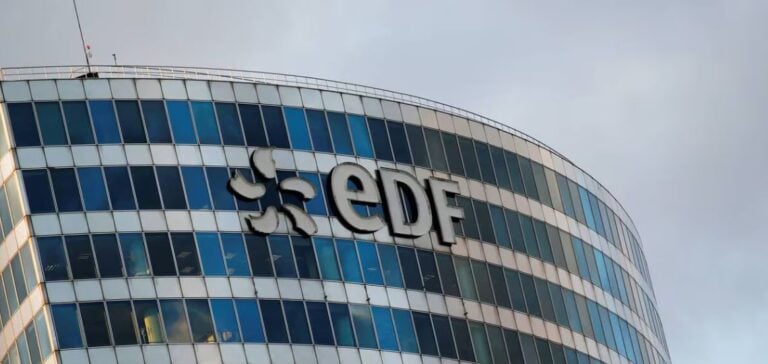Olivier Fontanié,EDF‘s mediator, reports that 2023 saw an unprecedented number of complaints since the mediation was created 25 years ago, with 7,470 referrals recorded. This surge in complaints is taking place against a tense economic backdrop, exacerbated by price hikes in the energy sector. The rise in claims was exceptionally strong among professionals and businesses, while consumers saw a more moderate increase of 24%.
Causes and customer dissatisfaction
Disputes were mainly linked to rising energy tariffs and financial difficulties, despite the protective measures put in place by the public authorities, such as the tariff shield. The expiry of this tariff shield and its initial implementation have sometimes been a source of confusion for customers, contributing to increases in claims.
Specific problems encountered by customers
In the case of private customers, the main complaints were linked to drastic increases in gas prices following the expiry of fixed-price contracts. Companies have found it difficult to reach an advisor, get satisfactory responses to their complaints or honor contracts signed in 2022, at the peak of market prices.
Mediation effectiveness and resolutions
Complaints were handled with an average of 64 days to reach a resolution, and 84% of cases resulted in an amicable agreement between EDF and its customers.
The claims crisis at EDF reflects the heightened tensions in the energy sector. EDF’s complaints management and mediation efforts highlight the ongoing challenges the supplier faces in a changing energy market.






















